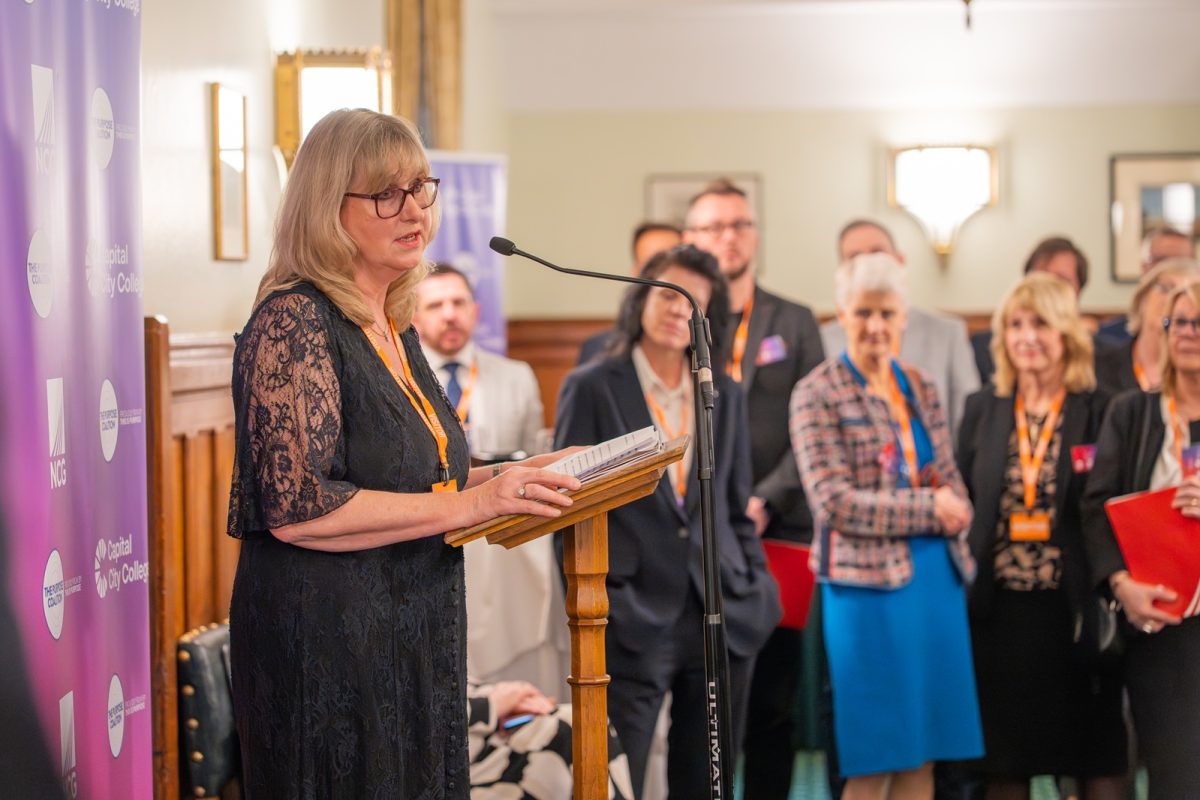Colleges will lose £150 million this term alone

Government’s support for colleges has helped, but it’s not sufficient to safeguard students’ futures – says new @AoC_info research
The Association of Colleges’ 2020 Covid-19 survey has revealed that colleges stand to lose £150 million by the next academic year due to the coronavirus pandemic. With over £2 billion of college income uncertain for next academic year, colleges are worried that they will lack the resources and capacity to support the increase in students they are expecting.
The research from a survey of colleges across England reveals colleges are working hard to keep students active and to support students in their transitions from school-to-college, from college-to-university and from college-to-work. That work will be constrained though if there are no additional resources and flexibilities to deliver a successful restart. With a significantly larger number of young people – in the 16 to 18 age group who will require a purposeful education, a shortage of apprenticeship training places for new recruits and higher demand from adults needing education and training, investment into college’s services are crucial.
The research also shows that it will be vulnerable and SEND students and those from disadvantaged groups that could be hit hardest by constraints on colleges. Responses to the survey suggest that these students are most likely to disengage but they are also the groups that generally require more support. There is a real danger that without a sustainable long-term plan, colleges will lack the resources and these students who deserve high-quality education more than ever, may not be able to reach their potential.
Colleges have implemented a major shift to online learning with 70% reporting they are offering scheduled online lessons for most of their students, with just over 52% of respondents managing to deliver 75% or more of their planned teaching hours online. However, there are significant problems in some curriculum areas including catering, science, second year of A-levels and English and maths resit classes.
Investment into colleges is crucial to the country’s future skills requirements, in expanding sectors of society including those employing key workers and getting the economy back on track. AoC believes the focus for any post-16 education decisions must safeguard the futures of the students who will be the ones working and training to rebuild the country.
Starting with:
- Increase 16 to 18 funding to offer a new September Promise
- A restart programme for 19 to 25 year olds
- A new national skills and re-training programme
- Allow colleges to use capital funding for technology
“Colleges have worked extremely hard since the beginning of the crisis, but the scale of issues for the coming months continues to grow. Without meaningful investment and new flexibilities, they will not be able to deliver a successful re-start in September and young people and those needing to retrain and upskill after the impact of Covid-19 will suffer.
The early arrangements to see colleges through the peak of lockdown were the right steps, however, they are not a sustainable nor adequate answer for the long term. Colleges will be at the centre of the economic response to Covid-19, but need to fully supported and resourced to get people learning, training and working again.”











Responses